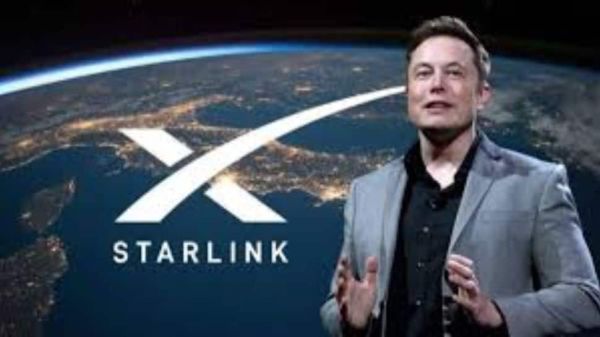
New delhi: In Whatble Change The Future of Affordable Satellite-Based Internet Service in India, El Musk’s Starlink on Wednesday Received Approval from The Country’s Space Regulator, The India NATINAL SAPACE Space and The India NASIANAL Authorization Center (in-space).
With this, the final regulatory Hurdle for the Cheaper Internet Service to Start Rolling Its Commercial Satellite Broadband Operations in the Country Has Been Cleed, According to the In-Spec Starlink Seen by Ians.
Starlink now needs to Acquire Spectrum from the Government and Establish Ground Infrastructure for its services. The department of telecommunications (dot) is set to grant trial spectrum to the US-based space firm to complete security Compliance Demonstrations.
Starlink has signed its first Commercial Agreements with Vsat Providers in India. Vsat (very small aperture terminal) Service Providers Offer Satellite-Based Internet and Communication Solutions, Particularly for Locations with Limited or No Terrestrial Connectivity.
The Affordable Satellite-Based Internet Service Starlink is now set to roll out in the country in a more months. While the Groundwork is Nearly Complete, Some Technical and Procedural Steps Remain Before The Service Can Be Launched in A Few Months.
Union Communications Minister Jyotiraditya Scindia said last week Regulatory and licensing approvals from the space regulator, they can roll out the service in the country whenever they wish to.
The space regulator has been Issued a draft letter of Intent (Loi) to the company. Starlink Provides Internet Through a Network of Satellites orbiting Earth. The company currently operates the world’s largest constellation of satellites, with more than 6,750 in orbit.
Starlink Services are already available in Several Countries, Including Mongolia, Japan, The Philippines, Malaysia, Indonesia, Jordan, Yemen, Azerbaijan and Sri Lanka. Amazon’s Project Kuiper, Starlink’s Rival, is also awaiting regulatory approvals from both the dot and in-space. Kuiper is planning a large-scale satcom rollout in India.